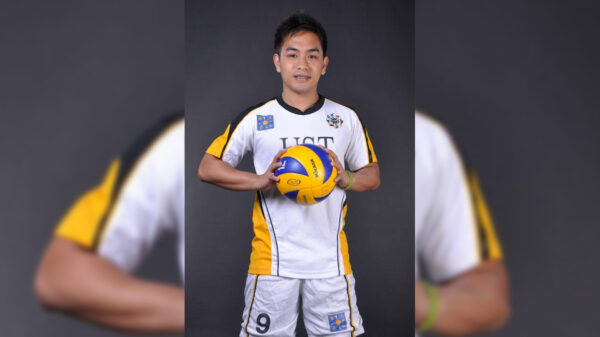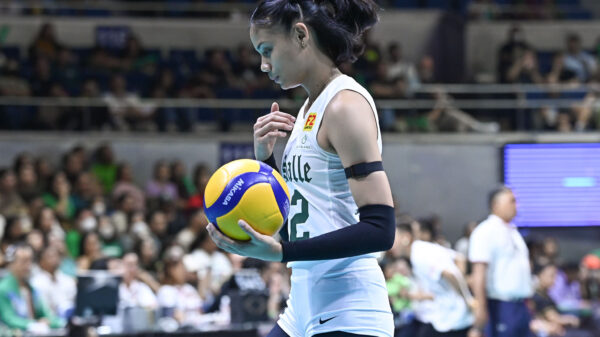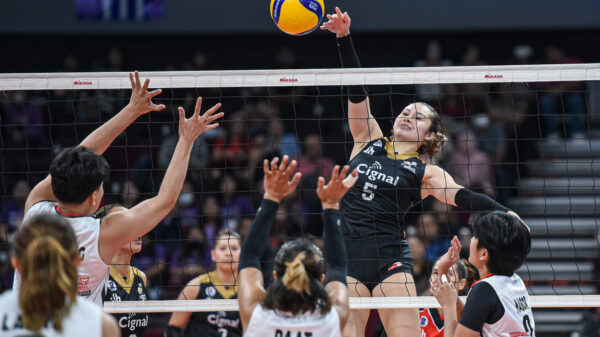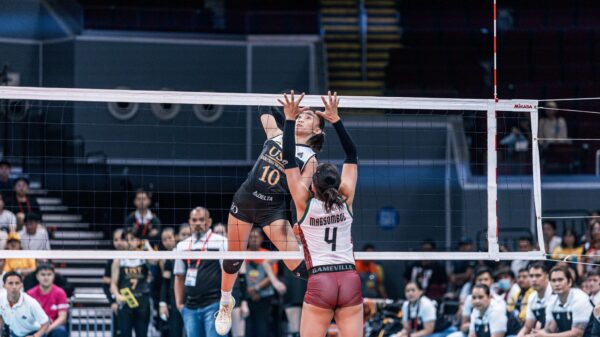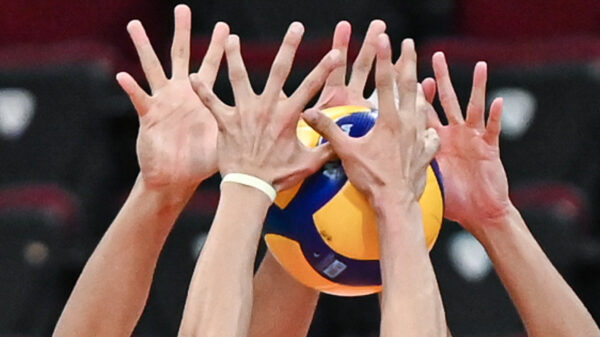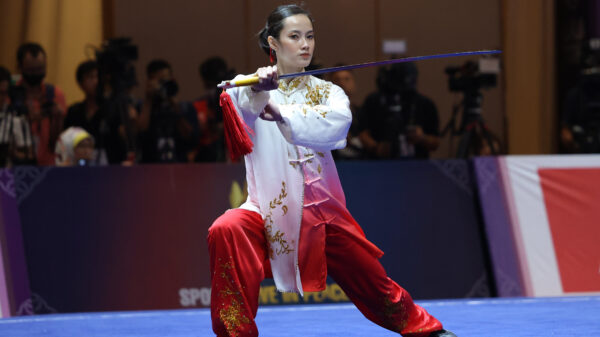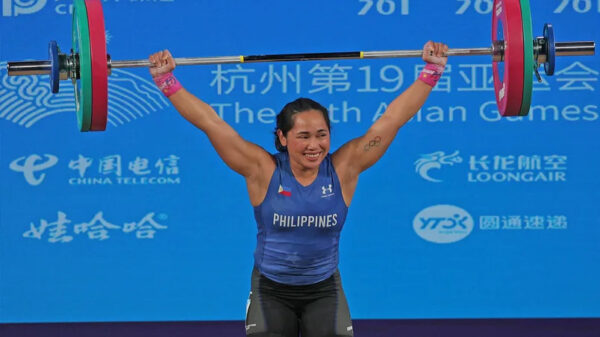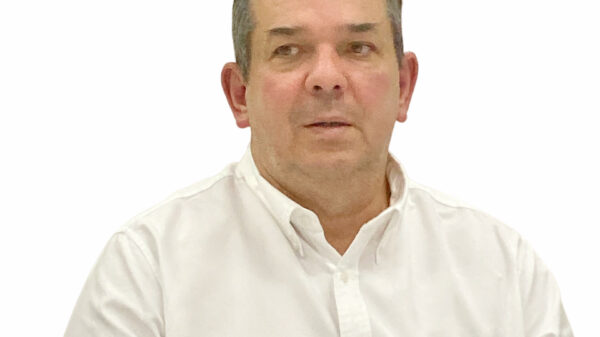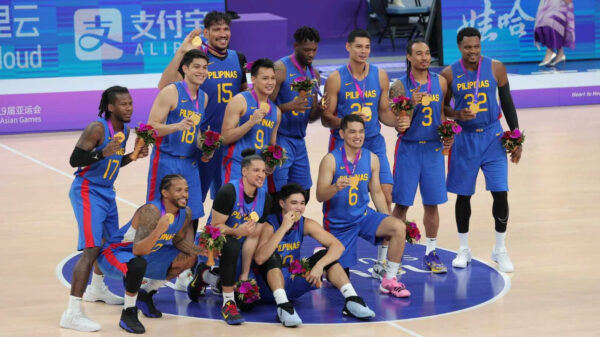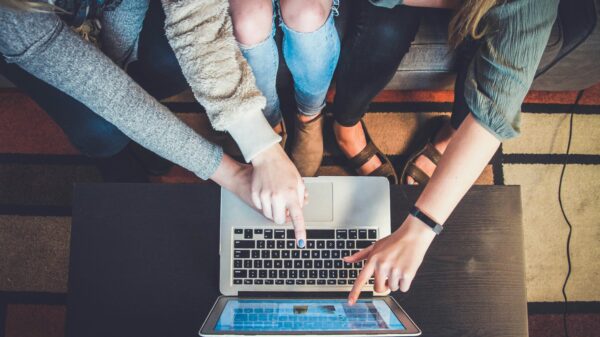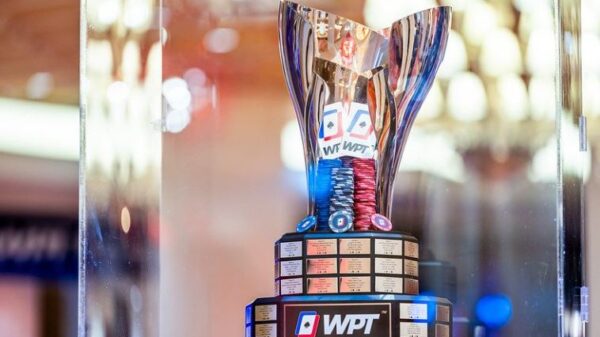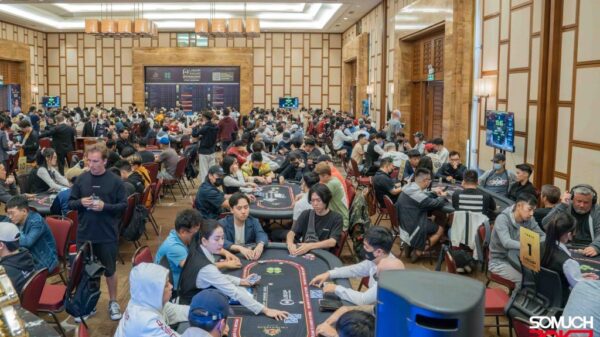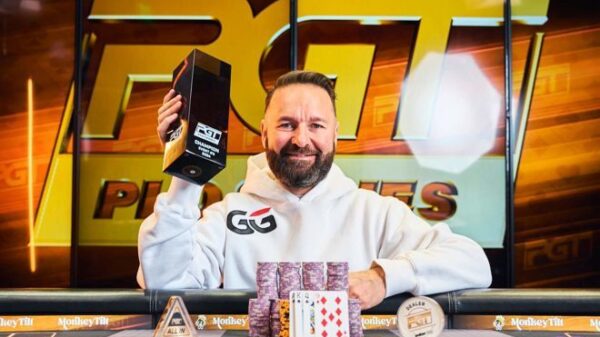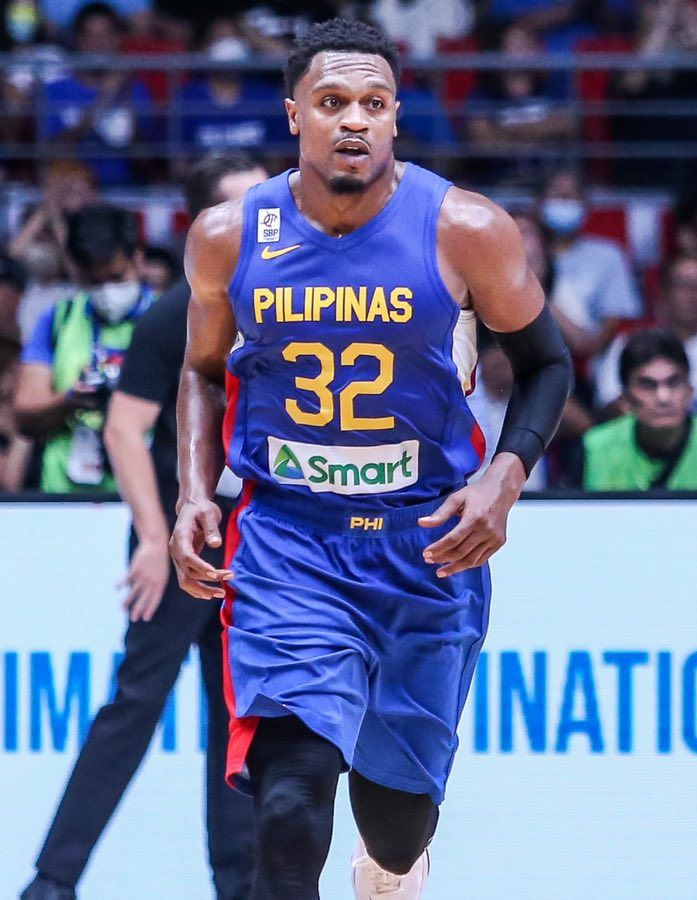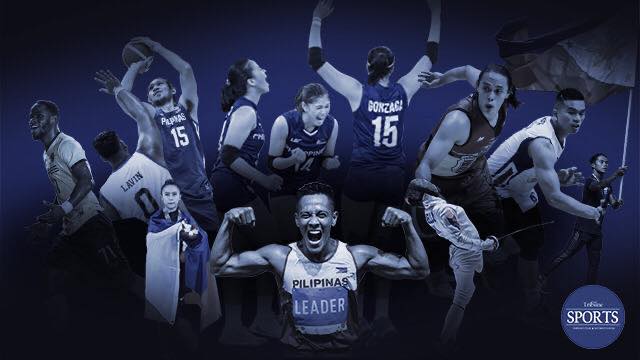Justin Brownlee stands to get banned from playing not just in FIBA-sanctioned events but even in the Philippine Basketball Association as well if his B-sample returns a positive test, putting the naturalized player’s legacy on the brink of being tarnished, the Philippine Olympic Committee leadership said yesterday.
Brownlee was tested positive for traces of cannabis during the 19th Asian Games in Hangzhou and he faces stiff penalties, according to POC president Abraham “Bambol” Tolentino if the American dribbler’s B-samples turns out to be positive.
A few days ago, the International Testing Agency reported that Brownlee, 35, tested for traces of Carboxy-THC, a substance that is included on the World Anti-Doping Agency’s prohibited list.
Tolentino, appearing on Power and Play, said the ITA will schedule the opening of the B-sample after 19 October.
“Whatever happens after the 19th, the ITA will schedule the opening of the B-sample even without witnesses. If that will be positive, the two-year suspension. That’s the time we will file a case to the Court of Arbitration for Sport to appeal and justify,” Tolentino said.
Tolentino believes that if the CAS learns about the explanation of the Philippines, “they might lower the suspension to one month to three months.”
“It is hard if we allow the two-year suspension. The decision will be forwarded to the FIBA then it will forward it to the SBP so all FIBA-sanctioned games will be affected, including all IOC (International Olympic Committee) and OCA (Olympic Council of Asia) games.”
The PBA also doesn’t condone the use of the banned substance.
In 1996, the league imposed a lifetime ban on imports Derrick Hamilton and Ronnie Thompkins during the time of the late Jun Bernardino.
Brownlee is an integral part of Gilas Pilipinas’ breakthrough gold medal win over Jordan in the basketball finals of the 19th Hanzghou Asian Games.
In the PBA, he has won several Best Import awards and has been a key figure in Barangay Ginebra’s numerous title romps.
The Samahang Basketbol ng Pilipinas, the basketball’s governing body in the country, and the PBA, Asia’s pioneering professional league, have not been commenting on the Brownlee matter.
The last high-profile Filipino cager to test for a banned substance was Kiefer Ravena, who was slapped an 18-month ban by the FIBA a couple of years ago.
Though cannabis is not a performance enhancer, it remains an illegal drug.

